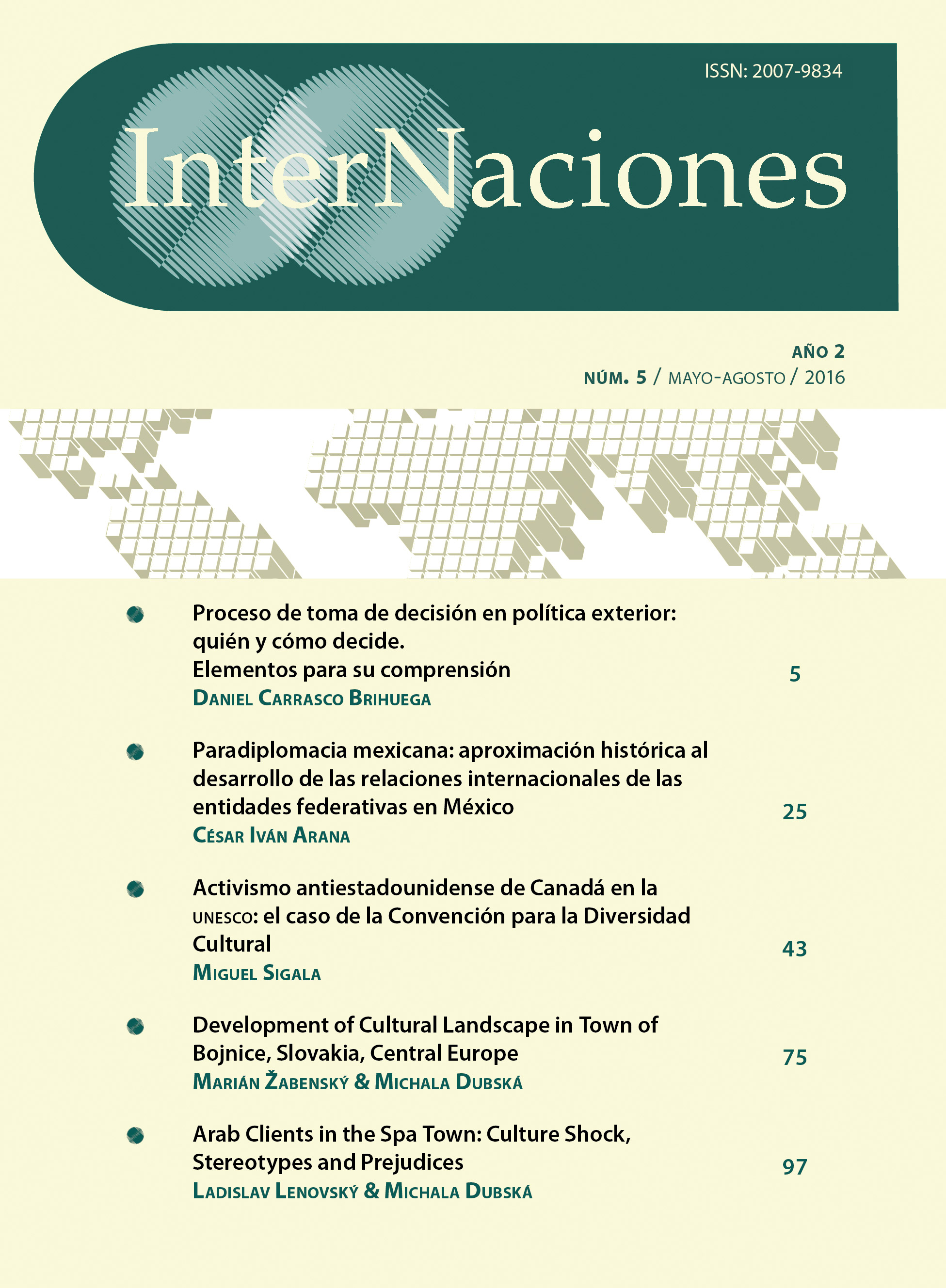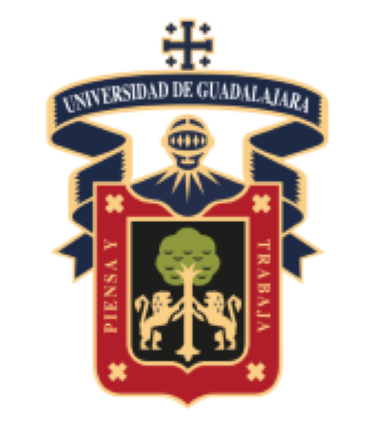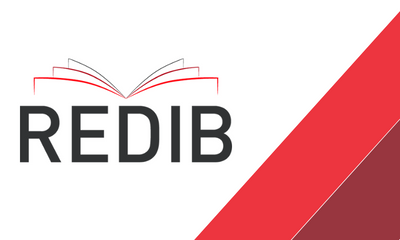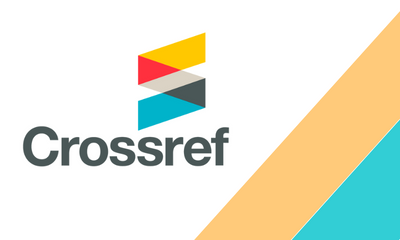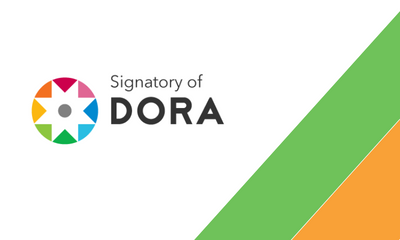Arab clients in the spa shop: Culture shock, stereotypes and prejudices
DOI:
https://doi.org/10.32870/in.v0i5.2740Palabras clave:
Spa tourism, Intercultural communication, multicultural spa society, Arab clientele, Culture shock, culture adaptationResumen
Tourism is not only economic activity, but also a cultural phenomenon. It is a cultural complex with a specific content, features and functions. Forms and types of tourism are determined by geographical and sociocultural parameters. The spa town of Piešťany (Slovakia) is the flagship of the Slovak (former Czechoslovak and Austrian-Hungarian) spa industry. Internationality and a high number of spa clients is still a significant feature of the town. Probably the most different and most contentious spa clients are Arabs. A different way of their life and specific cultural patterns cause various, both positive and negative emotions on the side of the domestic population and also a certain part of European clientele. In the 70s, people of dark skin, dressed in long robes, appeared in the streets, parks, shops and hotels. Veiled women were always accompanied by a man. All of them spoke an unknown language. Their behaviour in many situations was different, peculiar and difficult to explain. Local people experienced culture shock. But many providers of accommodation, taxi drivers, prostitutes and employees of spas, hotels and restaurants have become friends with Arab clients. Economic profit resulting from spa tourism caused partial transformation/modification of certain stereotypes and prejudices about Arabs/Muslims which were commonly spread in the Euro-American sociocultural area. Personal relationships are an effective tool for improving intercultural communication, a building of tolerance and formation of a true, unbiased multiculturalism. Due to business relations, two equal categories were formed in a spa environment – service providers (focused on economic profit) and consumers of spa treatments and services (aimed at healing or alleviation of diseases). This relationship, although it is diversified, is relatively equivalent and does not generate any substitutions. Current relations between locals and foreigners should not be too idealized, but these stereotypes and prejudices are only secondary, without much practical significance.Descargas
Descargas
Publicado
Cómo citar
Número
Sección
Licencia
CC BY-NC-SA 4.0 https://creativecommons.org/licenses/by-nc-sa/4.0/

